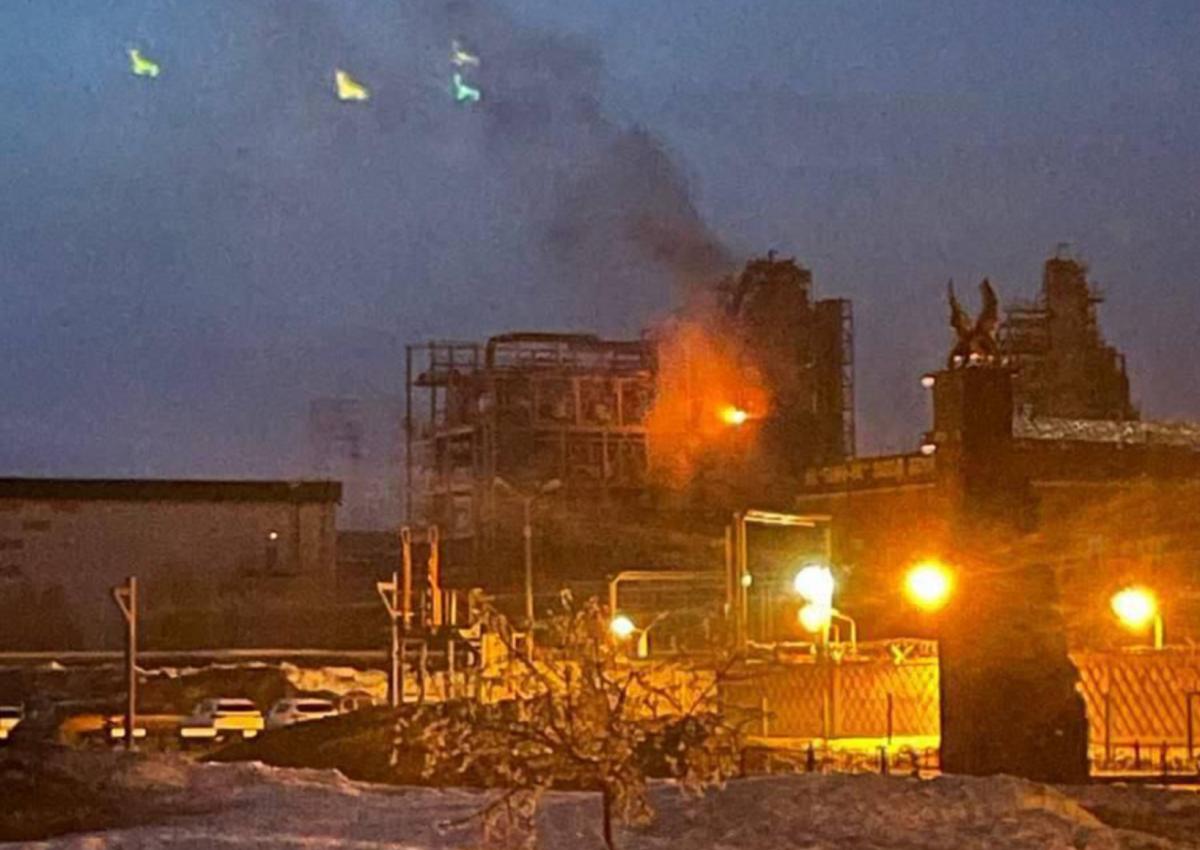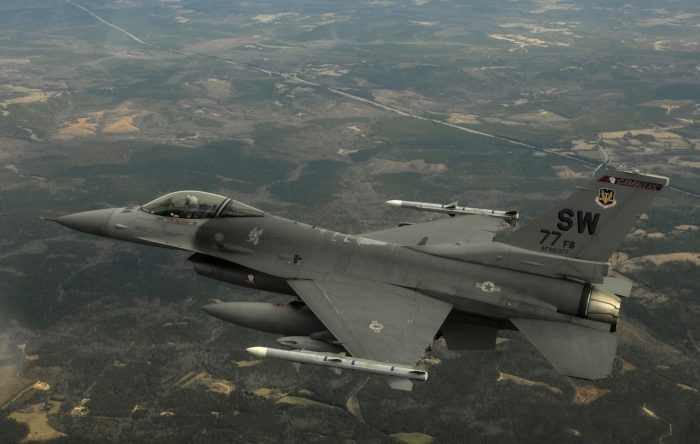A NATO official has stated that Ukrainian drone strikes on Russian oil refining infrastructure have had a noticeable impact on its fuel market and are imposing additional financial costs, according to European Pravda.
This offers additional evidence that Ukraine’s tactic of drone strikes deep inside Russia is bearing fruit.
Speaking to journalists in Brussels on condition of anonymity during the NATO summit, the official noted that in March, Russia significantly increased gasoline imports from Belarus and introduced a six-month ban on its exports to stabilize domestic prices, European Pravda reported.
According to the NATO official, “The strikes have likely disabled over 10% of Russian oil refining capacity, and possibly over 15%.”
Depending on the extent of the damage, repairs could take a significant amount of time and require substantial expenses. The official also highlighted that some of the Ukrainian drone strikes were carried out at a distance of over 1,000 kilometers, emphasizing the scale of the attacks.
“I think that in the future, fewer and fewer such facilities of Russian energy infrastructure will be protected from potential strikes, and an increasing impact will be exerted on the Russian economy in this area,” the official concluded.
Reuters previously reported that Russian oil companies are experiencing difficulties in repairing oil refineries due to Western sanctions, and their problems may be exacerbated by Ukrainian drone attacks.
Related:
- Ukraine’s drone war across Russia cuts into oil revenues
- Expert: Ukraine’s persistent drone strikes could disrupt Russian war machine, trigger fuel deficit
- Reuters: US sanctions force Lukoil refinery to cut production by 40%








